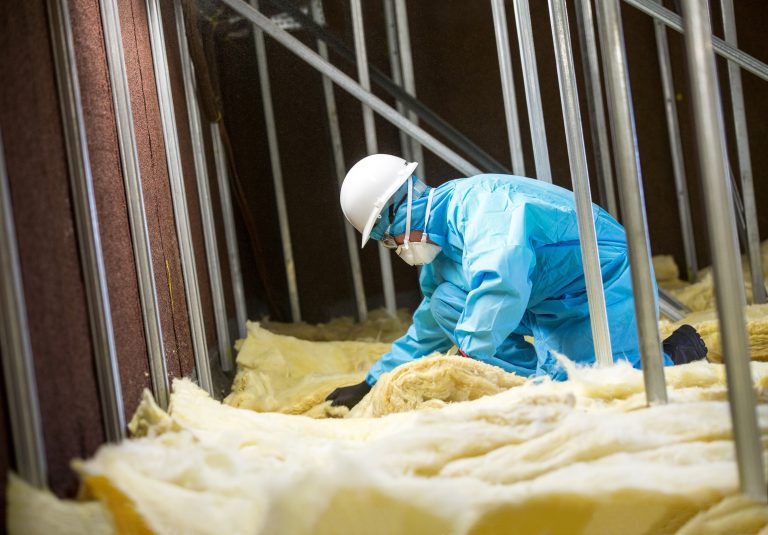The World Green Building Council (WorldGBC) has published a new report, with the support of Dar Group and its member firms Integral Group, T.Y. Lin, Perkins&Will and Currie & Brown, to identify opportunities for how an integrated approach to the whole built environment is essential to deliver change commensurate with the commitments of the Paris Agreement. The report ‘Beyond Buildings: Why an integrated approach to buildings and infrastructure is essential for climate action and sustainability’argues for systemic and integrated infrastructure solutions to improve sustainability outcomes. Business leaders recognise that the built environment – buildings and infrastructure – must be on a clear path to decarbonise at the latest by 2050 and have made significant progress by 2030. The WorldGBC network calls on the built environment industries for collaboration and alignment in ambition for all asset types, in all places to accelerate the transition of the infrastructure sector. The urban built environment alone is responsible for 75% of annual global GHG emissions, with buildings accounting on its own for 37%. Members of the media are welcome to join our #BuildingToCOP26, hosted by WorldGBC, GlobalABC & UKGBC, on 21 October 2021 at 4pm GMT for the launch and discussion forum of the Beyond Buildings report. Register free here. This new report is a call to action for the built environment industry and policy makers to respond to the climate crisis with both the building and infrastructure sectors acting together. In Beyond Buildings, the WorldGBC presents the interconnection between buildings and infrastructure, and argues that systemic and integrated solutions will unlock improved sustainability outcomes. They will also accelerate the change in trajectory of GHG emissions from the built environment. Through presenting the roles that both the private and public sectors must play in terms of investment, policy and procurement, WorldGBC’s work identifies that a global framework of principles is necessary to accelerate sustainability performance across infrastructure. If we are to succeed in this critical decade, united action across all sub-sectors of the built environment industry is essential as the purpose of much of our built infrastructure is to create and support places for people. WorldGBC calls for collaboration amongst all actors in the development of a framework of principles. These principles should be adapted and verified at a local level in order to align with the 1.5° emissions trajectory and the United Nations´ Sustainable Development Goals (SDGs), and be applicable to all asset types, to be co-created, agreed, and universally pursued. This report sets us on the path of that journey. Nigel Topping, UN High Level Climate Champion for COP26, said: “How our towns, cities and countries continue to grow really matters to the global climate crisis. We have to realise that what worked in the built environment and infrastructure sectors in the past will not work in the future. “The world faces crisis on multiple fronts, which is why we’re putting collaboration in infrastructure and built environment – a sector that contributes 75% of annual global GHG emissions – at the heart of everything we do. “Only by forging new partnerships and all-party agreements can we overcome the challenges facing our planet and society today.” Cristina Gamboa, CEO, World Green Building Council, said: “In the lead up to the Cities, Regions and Built Environment day at COP26, the importance of considering all aspects of the built environment – both the buildings we live in, and the infrastructure that supports them – is critical for taking a holistic and systemic approach to climate action and sustainable development. If we’re to build a better, brighter future, the infrastructure sector needs to de-link its growth from emissions by embracing a systemic approach which delivers sustainable built environments for everyone, everywhere. “The Beyond Buildings report sets out a path forward to support the rapid adoption of best practice sustainability outcomes across the building, construction and infrastructure space. It identifies critical next steps for the deep transformation needed to meet 2030 reduction goals. “Our green building network, its partners, members and other organisations advancing sustainable infrastructure and buildings are ready to accelerate this massive transition and ensure a zero carbon, resilient, healthy and sustainable future.” Richard Palmer, Director of Global Sustainability, Integral Group, said: “The built environment is such an important part of addressing both the causes and impacts of climate change. This report highlights the opportunities between buildings and infrastructure to accelerate climate action at the scale and speed demanded by science.” Ref 1: UN Environment. ‘2021 Global Status Report for Buildings and Construction’ [2021] Find out more at worldgbc.org







